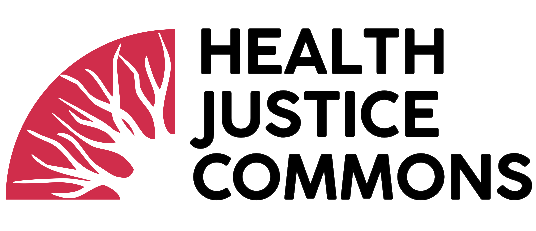Why We Started The Radical Telehealth Collective (RTC)
When the COVID-19 pandemic began, crip, disabled, and chronically ill communities, especially those of us who are queer, trans, nonbinary, BIPOC, immigrants, and/or low-income knew we’d be among those most impacted. Our essential healthcare needs — which the Medical Industrial Complex was already epically failing to meet pre-pandemic — would be even harder to access. As we know, this remains true, the pandemic is ongoing, and our communities are facing escalated attacks on gender affirming and just reproductive healthcare.
In response, Health Justice Commons took immediate action to ensure our communities’ survival and united to create the Radical Telehealth Collective. The RTC is a collective of rad frontline healthcare workers, Disability Justice organizers, and Health Justice Commons members uniting to create free, accessible, multilingual urgent and essential care during the ongoing COVID-19 pandemic.
What We Do
Our virtual clinics are real-world liberated zones. We don’t have “patients” — a term which reinforces the oppressive power structures of the Medical Industrial Complex. Instead, RTC healthcare providers offer care in the ways they’ve dreamed of but have been prevented by the Medical Industrial Complex; with respect, compassion, humility; honoring the autonomy, wisdom, and dignity of the person with whom they are working. In our totally free 20-30 minute sessions with healthcare providers, we can provide services such as:
Bridging medication prescriptions
Consultation regarding acute illness and possible COVID-19 symptoms
HRT and gender-affirming care
Support navigating current resources and identifying possible alternative resources to access the care you require
Mutual aid resources such as emergency funds for groceries, prescriptions, and other essential needs
The RTC model is grounded in disability justice and intersectional health justice principles and practices. We center just access and offer multilingual interpretation and translation, live closed captioning, and ASL. By providing these services through teleconference, we aim to support members of our communities most impacted by social oppression, environmental racism, healthcare exclusions, and most unable to access care in the Medical Industrial Complex. We are learning as we go, allowing the communities we center to lead. As we do, we envision that the RTC and its lessons can support our communities to launch and sustain other new alternatives to the MIC!

